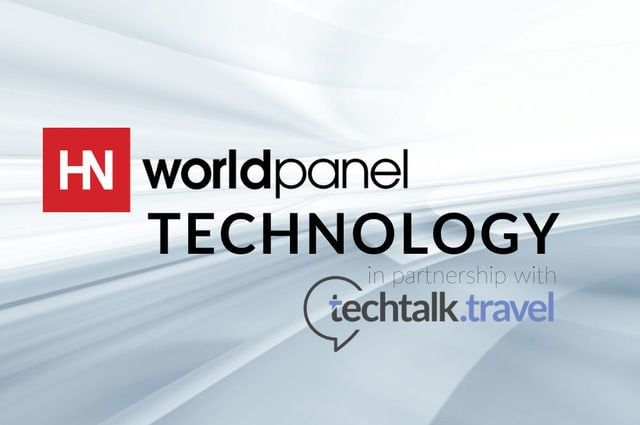Are robots coming to a hotel near you?
13 experts shared their view
A recent University of Houston report on robots in hospitality claims that by 2030 over a quarter of hospitality jobs will be replaced by robots. Will robots ever replace all humans in hospitality? Next-gen technology will undoubtedly replace mundane, repetitive, and dangerous jobs in hospitality performed by housekeepers, porters and baggage handlers, concierges, security guards, line cooks, room service, bartenders, waiters, etc. Some hoteliers claim that hospitality is an industry of "people serving people" and robots will be playing only a marginal role. Others, citing the high labor costs which constitute as much as 50%-84% of overall hotel costs in these low travel demand, low occupancies era, predict that robots will replace humans in all dangerous, repetitive and mundane jobs at the property.
The question is, are robots coming to a hotel near you anytime soon?
Whether we like it or not, hospitality is fast becoming a tech industry now. Robotics, AI, mobility, IoT devices and contactless check-in tech are being adopted across the industry at a very fast clip. The digital transformation is already changing the industry and the current crisis have accelerated it by 7 years (McKinsey & Company). The main reasons are a) the high labor cost in hospitality, today consuming as much as 60%-87% of RevPAR (CBRE) and b) the emergence of today's tech-savvy customer who expects to find at hotels the same or better technology advancements they already enjoy at home.
Will technology ever replace all humans in hospitality? Next gen technology like robotics will undoubtedly replace mundane, repetitive and dangerous jobs in hospitality like housekeepers, porters and baggage handlers, concierges, security guards, line cooks, room service, bar tenders, waiters, etc.
But technology will not be replacing anytime soon highly qualified hospitality jobs requiring people skills, warm customer service, quick, out of the box decision making and handling of customer and operational issues. In the same manner as robot line cooks would never be able to replace a celebrity chef, automation and robotics will not be replacing highly skilled customer service personnel, seasoned hotel managers, revenue managers, IT managers, CRM and marketing experts, sales managers, as well as hospitality jobs of tomorrow such as digital transformation strategists, automation specialists, robotization technologists, data analysts, robot trainers and maintenance specialists, etc.
The robotization and automation of our industry is inevitable. Ex. Housekeeping robots like Rosie by Maidbot, 2,000 of which have already been deployed at various U.S. hotels, clean guest rooms 20 percent faster and public areas up to 80 percent faster than human housekeepers. Robot-housekeepers mean 24/7 cleanliness programs, no health risks when handling toxic disinfectants, electrostatic sprayers, UV-C light devices, and all of this at 6 times lower cost per hour.
What about robots at boutique and luxury hotels? Very high end hotels will “mask” their robots behind a polite and ever-smiling “human shield” and use them in the background: housekeeping, line cooks, loading/unloading, etc. These hotels will rely more on AI and IoT applications and devices to improve quality of service and guest satisfaction.
I believe that within the next 10 years many hotels will operate at half the pre-coronavirus staff level and we will be seeing more and more examples of semi and fully automated hotels. The savings from labor costs and technology-derived new efficiencies will be more than sufficient to pay for the next-gen technology required for the hotel robotization and automation.


